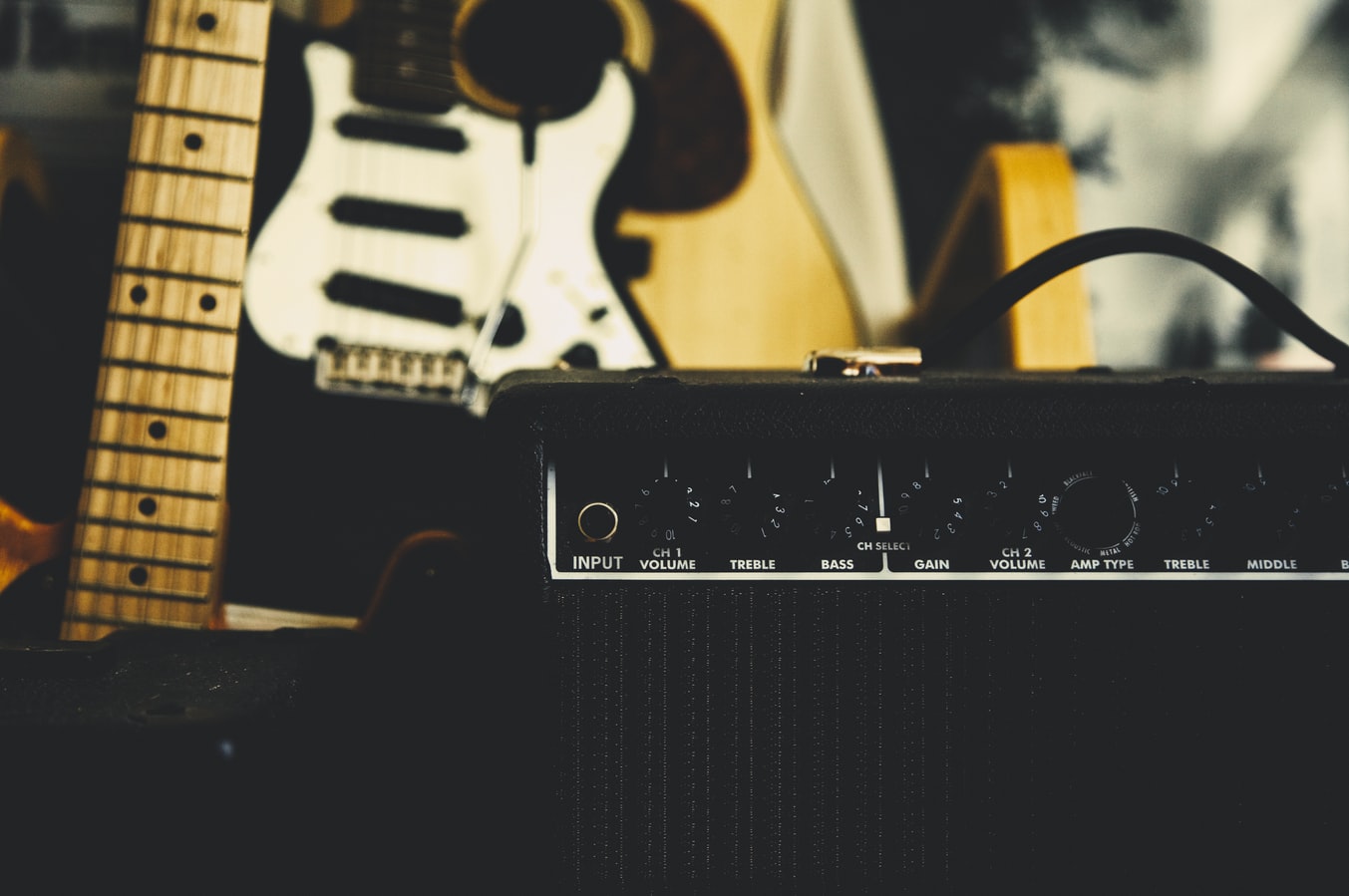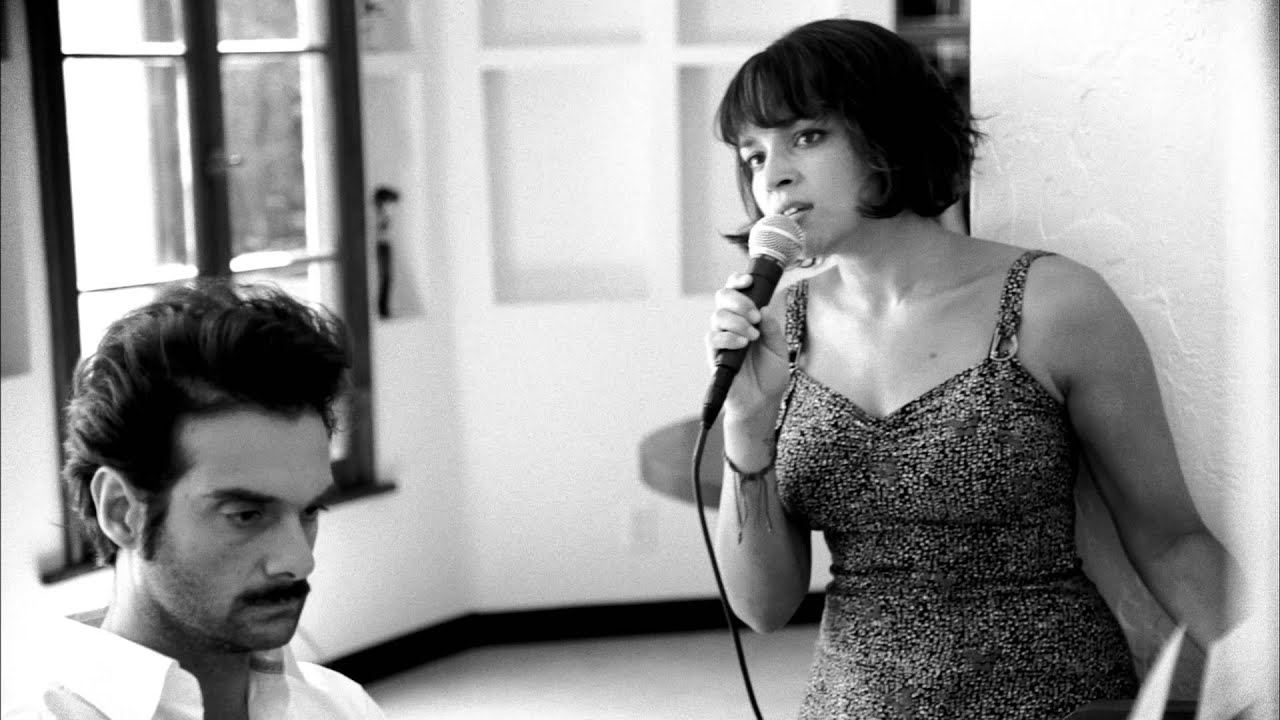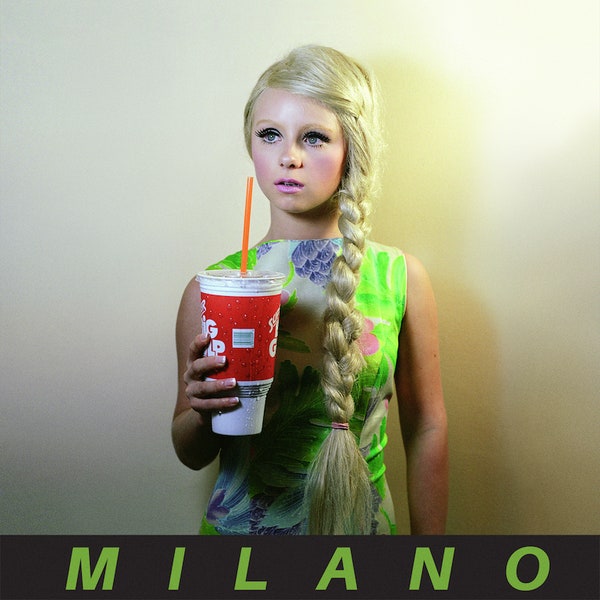The Tracks and the Artistry
Parquet Courts create a tone that lies between the feelies, late Velvet Underground, and the Modern Lovers: seedy and gritty, bleary-eyed while being bright. Andrew Savage delivers jadedly on “Soul and Cigarette”, evoking Lou Reed’s most flatly, explicitly vocalization of a “bloodthirsty saint that has the soul of a whore” as the Parquet Courts rally behind him a glinting glockenspiel that brightens the corners of the track. Handclaps and chimes bring a little bounce to the track “Mount Napoleon”, although the lyrics show a fraying underneath. Parquet Courts later venture into a down-tuned sound of Captain Beefheart along with his mystic band, and Cafe Flesh skronking horns pay Tribute to New York’s no-wave culture by the tip of a hat.
On the tracks that feature Karen O, Parquet Courts’ vibe slopes up, implying a cocktail of espresso, benzedrine, and overflowing ashtrays. Talisa’s bouncing bass and nervy guitar jangle renews Real Good Time Together by VU into the ideal springboard for Karen O, who doot-doots, pouts and mewls across the lyric to the model Talisa Soto. The Golden Ones is underpinned by post-punk wiriness where the throbbing basslines and spindly guitars snap against Karen O’s pouty singing.
As Andrew Savage’s voice exhausts its rhymes in “Memphis Blues Again”, it frays, while Parquet Courts prove instrumental in the early Fall sides’ anxious air. Fall is one of the things you think of when the grooves tighten into a stomp on Flush, which features Karen O’s most assured and petulant character on Milano, strutting and sneering over the rhythm as she squawks as Mark Smith recast as a fashion guru.
During playback of the album, Daniele Luppi’s name may fail to cross your mind. Daniele Luppi lets his talent booking and casting do all the talking rather than showing off his talent as arranger and composer. However, Karen O’s effort in the album is undoubtedly sufficient to catch the attention of Molho. Just like the city in the golden age of the 1980s, Milano is full of possibilities, superficial, and vibrant. This is a great album to listen to if you like the works of Daniele Luppi and Parquet Courts or want to explore something different. The collaboration with Parquet courts differs in some ways from other works by the album, but this is a good thing since it brings Milano’s uniqueness. Like Daniele Luppi’s 2011 album, Rome, Milano doesn’t make a lot of sense on paper, but all that changes when you listen to it. It is a one of a kind album reminiscent of the 1980s Milan.
Post written by Aubree Foster, lifestyle and finance writer who lives in Portland, Maine. Her other writing can be found at faircredit.com.…



